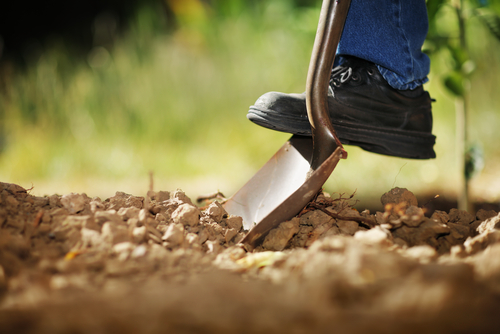Nearly 220 inmates perform work on the farms at their busiest times, which cover more than 12,000 acres and include 2,300 beef cattle and 1,000 dairy cattle.

Mohr said few of the inmates take farm jobs after release and the closures are designed to focus on the big picture. The money raised from the sales and leases of the land will be used for other job-training programs and rehab strategies including housing and counselling.
"We're going to be able to touch a lot more inmates and focus on their re-entry," Mohr said in an interview with The Columbus Dispatch. "Farming has not been an area where we're placing people when they go out in the community. We want to focus more on prison enterprises inside the walls."
Mohr said that while farming operations provide inmates with work and food, it’s no longer part of the preparations for life after prison. He added that prison farms have become security risks with contraband items being taken from the farm back into the facility.